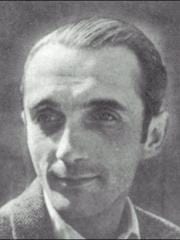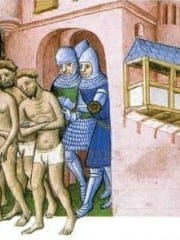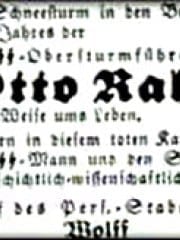Rudolf Rahn
The Otto Rahn's brother name was also Rudolf.
Otto Rahn Biography
CHRONOLOGY 1904-1939
18 Feb 1904 Otto Rahn born, Michelstadt. Parents Karl & Clara (nee Hamburger)
1910-1916 Junior school at Bigen
1916-21 Secondary school at GrieBen
1922 obtains Baccalaureat
1924 obtains Bachelor in Philology and History
1930 Rahn begins his European travels (Paris, Provence, Switzerland,
Catalonia, Italy)
1931 Rahn visits French Pyrenees. Visits "Spion" in Pyrenees with Himmler and Abetz
1932 Rahn leads a Polaires expedition in Pyrenees
13.12.33 Rahn joins the German Writers Association
1934 publishes "Kreuzzug gegen Gral" (Crusade against the Grail)
1935 appointed to personal staff of Heinrich Himmler
29.2.36 Rahn joins Allgemeine-SS, member 276 208
1936 Rahn visits Iceland with 20 men
1937 publishes "Luzifers Hofgesind. Eine Reise zu denguten Gelstern Europa" (Lucifer's Court in Europe; Rahn sent back to Languedoc (Montsegur), says he will return in 1939. Time of alleged Corbieres visit?
20.4.37 promoted to sub-lieutenant (Untersturmfuhrer)
Sep-Dec1937 military service for "disciplinary reasons" at Oberbayern Regiment, Dachau<
The Cathar Myth: Church of the Holy Grail
The first to create the Cathar myth referred to in The Da Vinci Code was Napoléon Peyrat, a bourgeois and talented fabulist, concocted in the 1870s an account of the Cathars, which, though largely made up, still passes as truth in esoteric circles today . Another equally influential is Jules Doinel (Jules-Benoît Stanislas Doinel, a Freemason and Spiritist (See "The Making of Spiritism" in the first part of Da Vinci Code Matrix). He claimed that Gnosticism was the true religion behind Freemasonry. Thus it is in the second half of 19th century France that the Cathar-myth was born, to which Joseph Péladan was the first to add to this a mention of the Holy Grail in his short treatise From Parsifal to Don Quixote, the secret of the Troubadours.
Rumors around the Otto Rahn death
Initially it was stated that the cause of Rahn's death was either "exposure" or "pneumonia", notwithstanding the fact that he was young and vigorous and an experienced mountain climber who had once spent an entire snowbound winter in the Alps.
A subsequent account of Rahn's demise related that he drank a bottle of rum, fell asleep in the snow and froze to death while climbing a mountain known as the "Wilde Kaiser". (Die Welt Newspaper, May 1:t, 1979)
Later rumors claimed that Rahn had committed suicide by swallowing a cyanide capsule while on the mountain.
Another report by Gerard de Sede ("The Treasure of the Cathari", 1966) postulates that Rahn did not die on a mountain top in 1939, but was arrested and imprisoned in solitary confinement at the Dachau concentration camp. He was beheaded in 1945 just before the compound was liberated by American forces.




Commenti recenti
13 anni 19 settimane fa
13 anni 20 settimane fa
13 anni 20 settimane fa
13 anni 20 settimane fa
13 anni 23 settimane fa
13 anni 29 settimane fa